The Paul Doughty Project
Text by Grace Gaudagnino
Infographics by Dennae Makel
Photographs by Bryan Bennett
Video by Bryan Bennett and Dominique Hessert
Infographics by Dennae Makel
Photographs by Bryan Bennett
Video by Bryan Bennett and Dominique Hessert
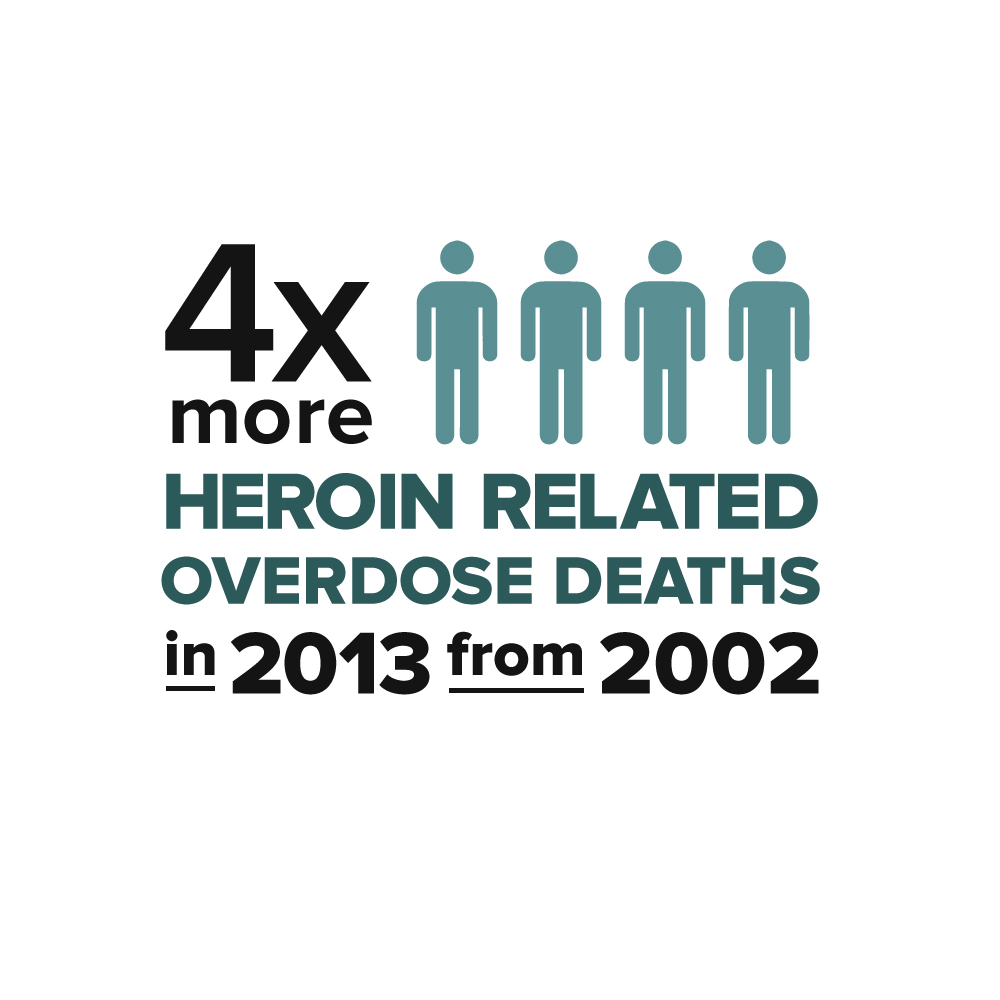
Ronald Doughty and Mary Duck know that heroin is an addictive and lethal drug, as do most Americans. After the loss of their son Paul, 28, to a heroin overdose in Nov. 2015, the family is dealing with mourning like never before. Now they are trying to overcome this hardship and understand why this horrific tragedy happened.
It was a crisp, autumn day in the small town of Minoa. The date was November 11, Veteran’s Day, and Ron was busy at work as a plant utilities engineer for SUNY Upstate Medical University. He had received two calls from his son, Paul, throughout the work day – something that was out of the ordinary, since Paul was more of a texter. He was simply calling to ask about dinner and what his father’s plans were for the night, although Ron had a hunch as to what the calls were really about. He had been educating himself on relapses, expecting to hear that Paul might have gone down that dark path again.
After a long day at work, Ron returned home. and then got ready for bed around 9 p.m.
Paul was outside smoking cigarettes. After he came inside, Ron approached his son in the kitchen. He asked what was going on and what he really meant to call about. Just hours before the fatal injection that would take his life, he admitted to his father that he had relapsed. The father and son had a bonding moment, with Ron reassuring that the family was there for him, and that they would get through this scary battle together. Paul then began to cry.
Ron attempted to comfort his son.
“I said he wasn’t disappointing me, but he was disappointing himself,” said Ron. “I told him I wasn’t going anywhere. The family isn’t going anywhere.”
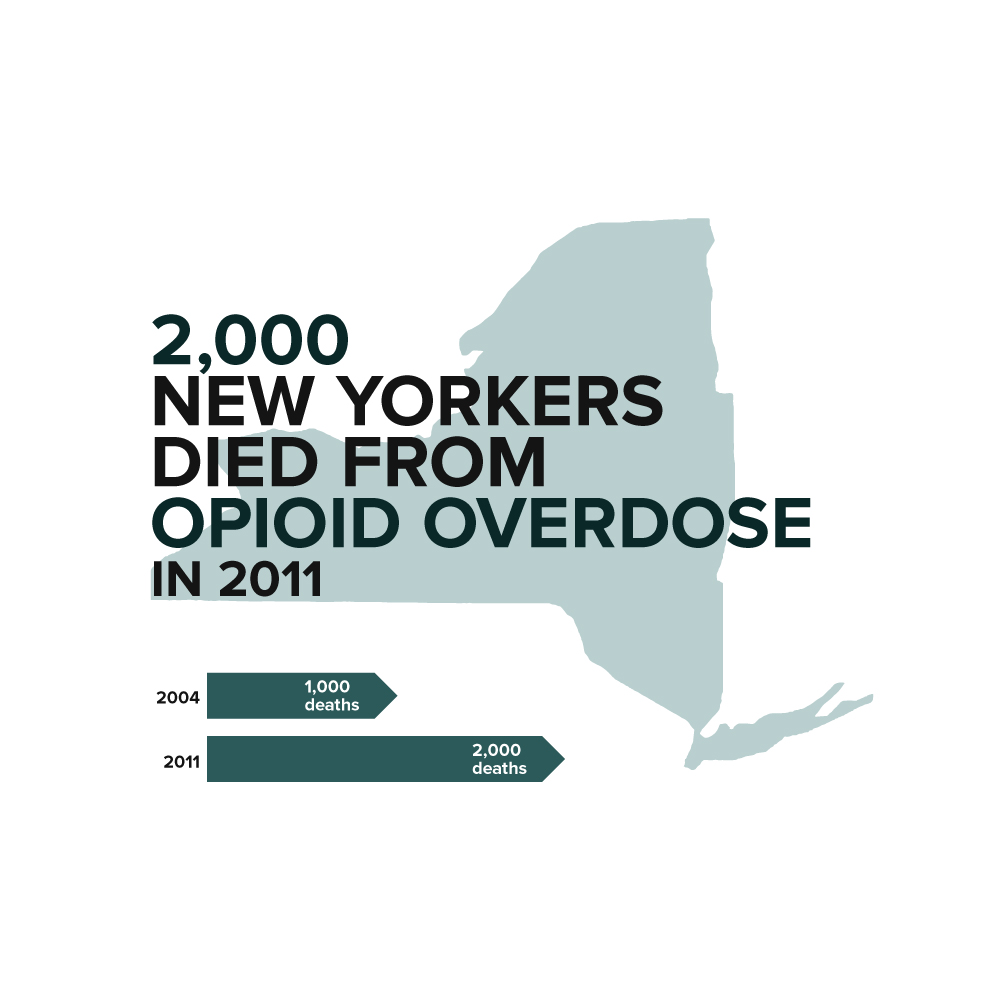
After the two men talked, Ron got ready for bed around 9 p.m. Lying in bed, he decided to take the following day off of work. Around 4 a.m., Ron called a co-worker of his to not only call off his shift, but to ask for advice. The anonymous co-worker also had two sons battling drug addictions. After the phone call ended, Ron dozed off to sleep for a few hours.
The next morning, the Syracuse father wanted to show that he is there for his son by cooking a nice dinner for the both of them that evening. After showering and shopping for ribs, brownies and other ingredients for the proposed meal, Ron returned home.
It was November 12, 2015, 11:22am. Ron opened his son’s bedroom door to see a pale, lifeless body lying on the bed.
“I knew as soon as I walked in. I knew he was gone. I had to grab him and see how he felt and see if he was breathing… and he wasn’t… and he was cold,” said Ron.
The last thing Paul posted on Facebook was at 4:15 a.m. on the morning of his overdose. The status update stated, “I have what it takes for relapse.”
These words are ingrained in Ron’s mind and haunt him incessantly, leading to the belief that Paul felt hopeless in taking control of his addiction.

Ron Doughty grieves the loss of his son Paul Doughty who passed away from a heroin overdose on Nov. 12, 2015.

Ron Doughty goes through Paul Doughty's dresser, finding heroin wrappers, needles, and q-tips on Nov. 17, 2015 in Brighton, N.Y. "I am not ashamed of my son, he just had a disease," said Ron. Paul died of a heroin overdose on Nov. 12, 2015.

A picture of Mary Duck, Paul's mother, and Paul rest on Paul's bed. Paul was also inhaling nitrous oxide out of balloons after filling them up from a nitrous oxide tank in his closet.

Ron Doughty hold up his son's favorite Grateful Dead shirt that Ron would wear to his tie-dye themed funeral on Nov. 17, 2015.

Ron drinks a beer in the car before his son's funeral on Nov. 17, 2015. "I know alcohol is not the answer to all of this, but it takes some of the edge off," said Ron.

Rob and Mary stand outside the funeral home on Nov. 17, 2015.
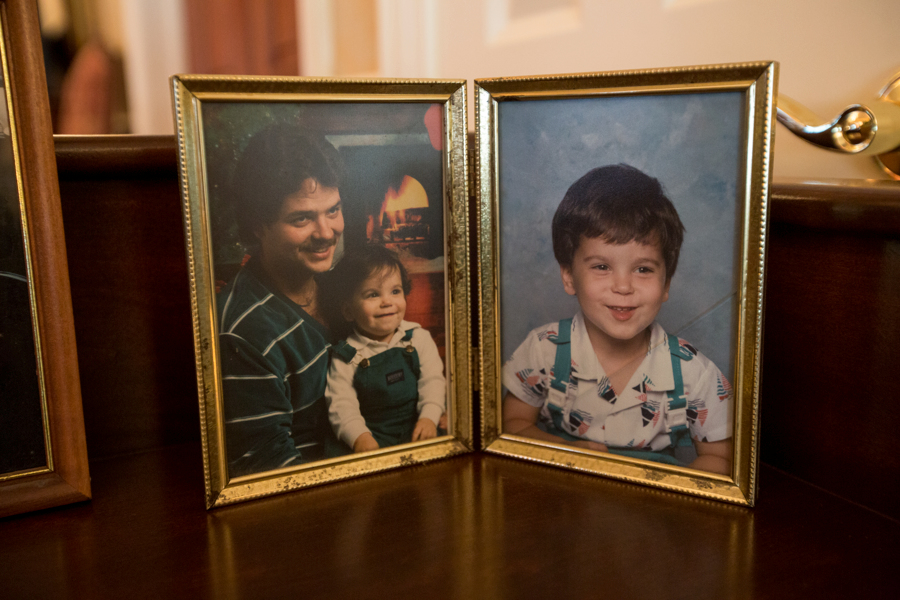
Pictures from Paul's childhood are displayed during his funeral on Nov. 17, 2015.
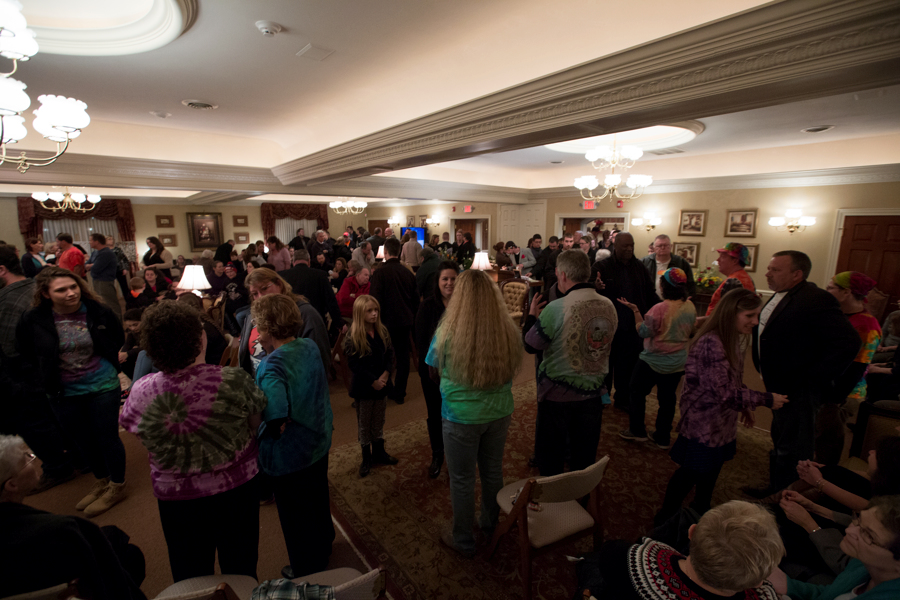
Paul's family greet guests of the funeral on Nov. 17, 2015.
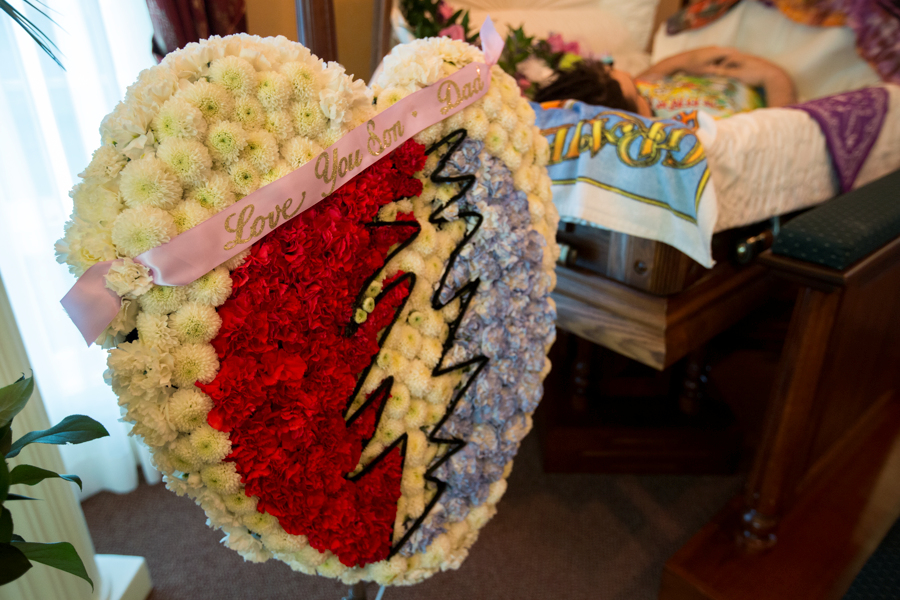
A detail of a Grateful Dead flower arrangement at Paul Doughty's funeral on Nov. 17, 2015.
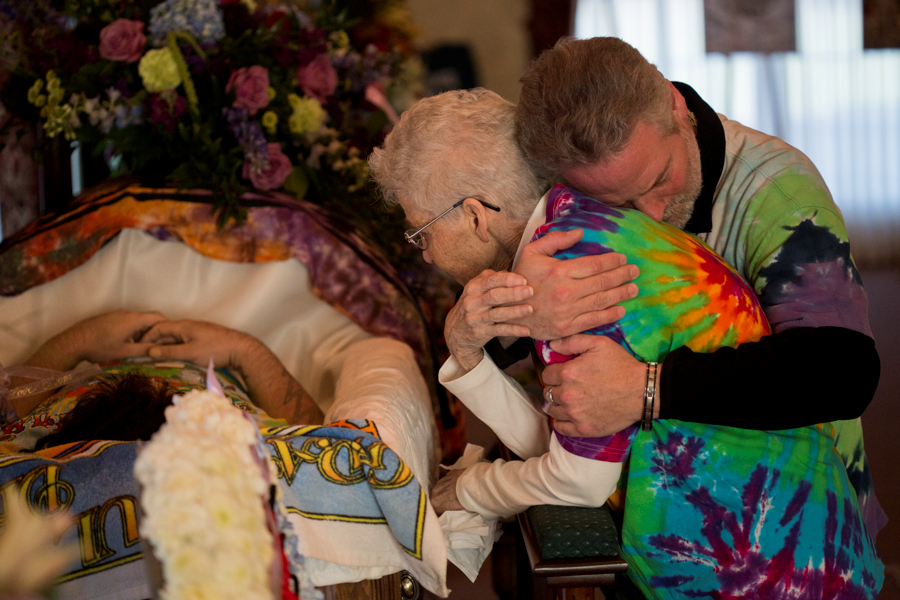
Dee Doughty kneels next to her grandson as her son Ron comforts her at Schepp & Son Family Funeral Home in Minoa, N.Y. on Nov. 17. 2015. "I always wondered how Paul would take losing his grandparents, but I never thought they would be saying bye to him," said Ron.
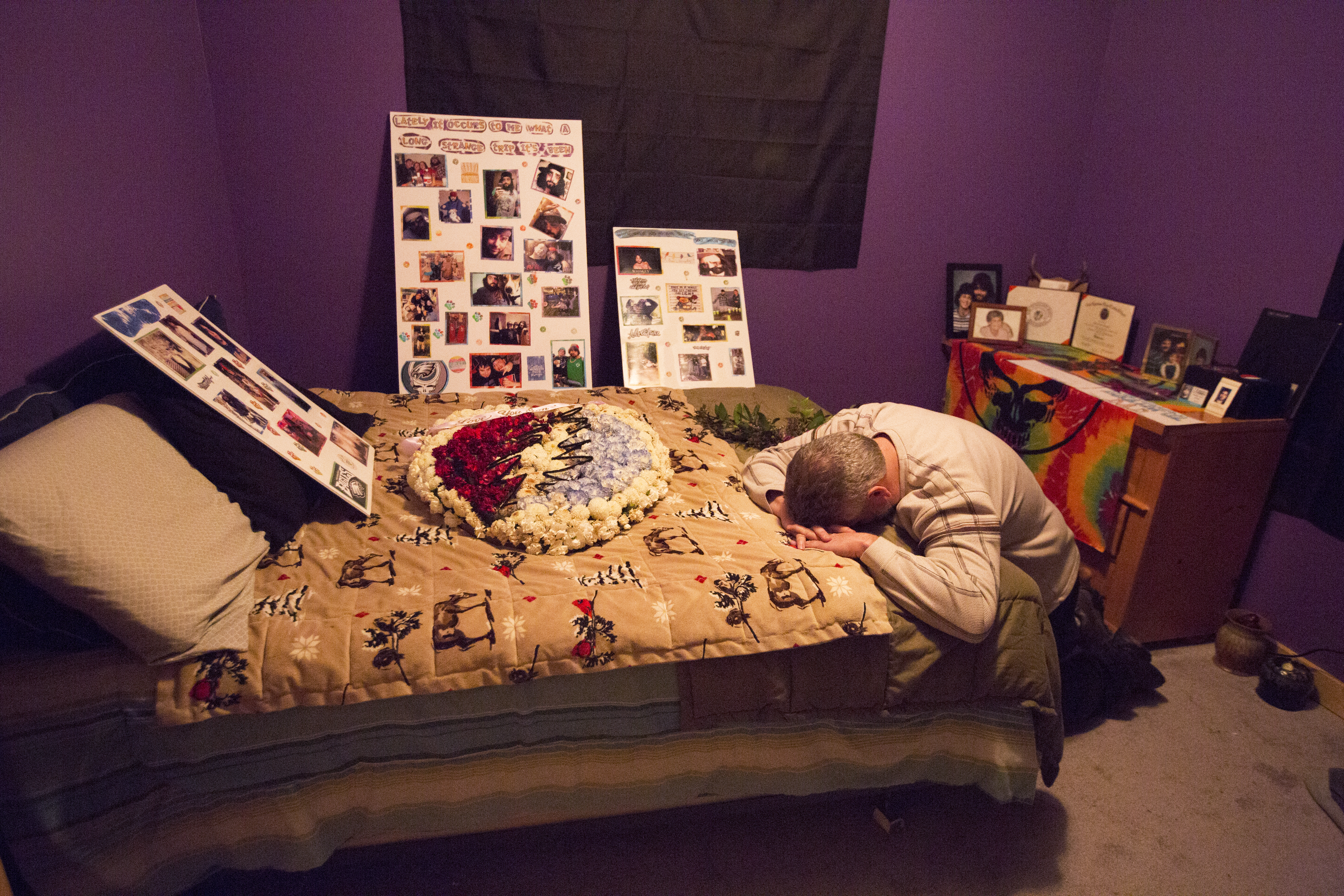
Ron kneels on Paul's bed on Dec. 14, 2015.
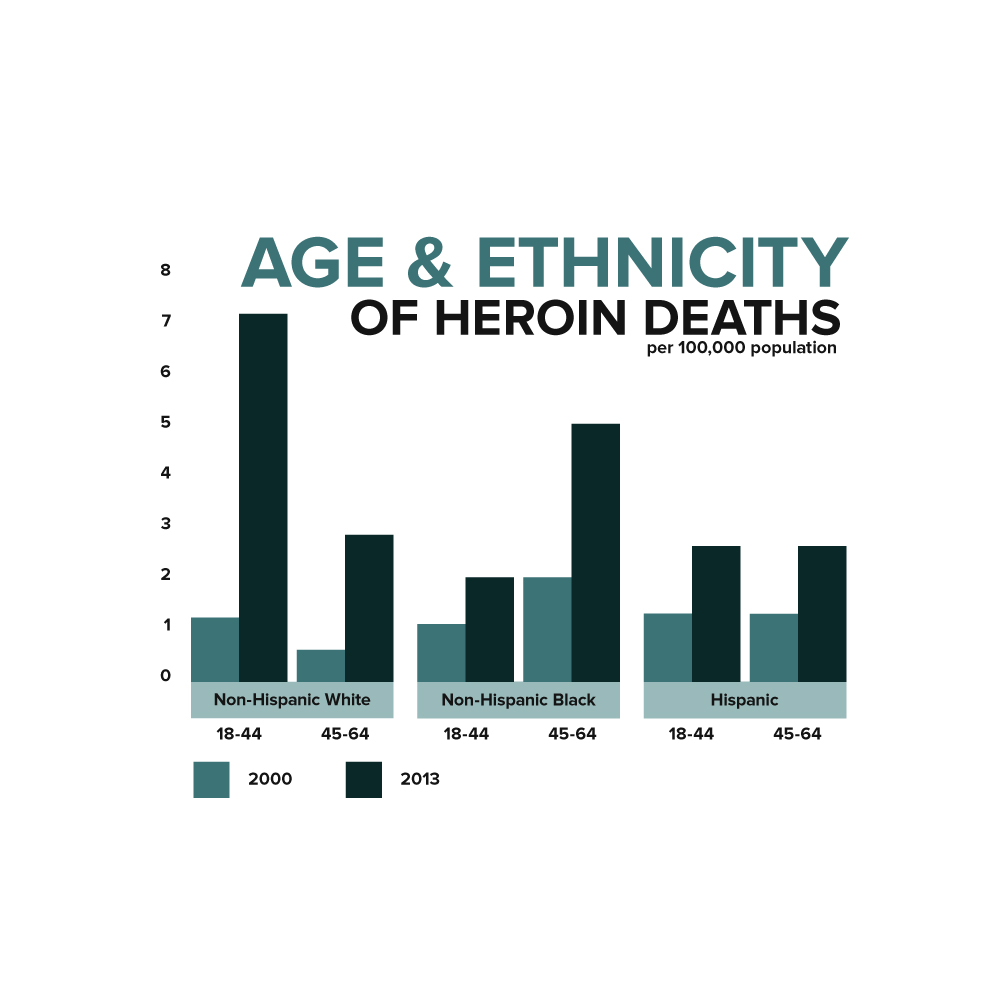
“There were no signs that it was a suicide, but I don’t think that phone call was a coincidence,” Ron said. After putting all the events in chronological order, Ron couldn’t help but to think that his phone call to his co-worker might have affected Paul’s dosage of heroin that night. “I have a nagging feeling that Paul did it on purpose. My theory is that he heard me talking in my bedroom.”
It is normal for parents to blame themselves with the death of their child. And after the heart-wrenching discovery of his deceased son, Ron has found help locally to start the mending process. “There are a few things that have given me solace,” Ron said. “I go to the HOPE For Bereaved support group and a ton of one-on-one counseling. I am getting involved with fundraising with them too.”
HOPE For Bereaved is a local support group that brings people together to cope with the grief that comes with losing a loved one by any circumstances. “I can’t say enough good things about those people,” said Ron.
While going through the agony of mourning the loss of a loved one, having a support system is crucial. A positive aspect of being a part of the local community is the endless support the Doughty family has received throughout this trying time.
He and his family are also working towards raising awareness for the heroin epidemic. Fundraising, so far, includes a dinner party – held at Delmonico’s Steakhouse on May 3 – where half of the proceeds will be donated to the HOPE For Bereaved non-profit counseling center. A 3k walk and 8k run will also take place June 12 at 9:15 a.m for the benefit of HOPE for Bereaved.
After losing a loved one to this disease, Ron tries his best to understand why his son died.
“It’s just insane how nice he was to everybody, except for himself,” said Ron.
Paul was a good friend to his peers and a mega-fan of jam hit band The Grateful Dead, his dad shared. He loved to dress in tie-dye for concerts, which is why guests for the funeral services were asked to wear Grateful Dead attire.

“Paul was all or nothing. And that was the problem with his addiction. It was all or nothing,” said Ron.
“Whatever it was, he did not know when to stop,” said his mother, Mary. Notably, Paul wanted to be a drug and alcohol counselor, and was studying at Onondaga Community College when he died. “He could relate with the people and he wouldn’t hide it [his addiction]. He would’ve been perfect for it. Unfortunately, he didn’t make his calling.”
Alexandra Muraca, 29, was a cousin and close friend of Paul’s. Muraca also lost her brother, Nick, to a heroin overdose in June 2015. Growing up together, Muraca said it was difficult to see her brother and cousin act differently from when they were younger. “It’s very hard to watch somebody you love kind of deteriorate right in front of you,” she said. “Paul and my brother were good people. They weren’t just drug addicts. They had lives before this.”
Heroin abuse affects more than just the user. It affects the families involved too.
“It affects everybody,” said Muraca. “It’s hard for me to watch my parents go through that. It’s hard for me to wake up and have all these milestones ahead in my life that neither of them are going to be there for. And it’s hard for me to think that they’re not going to get married and do the things that they want to do.”
Heroin use is more than just drug abuse. It’s a disease. People who come in direct contact with the opioid painkiller will fight their intrinsic urges for the rest of their lives, even while sober. According to the National Institute on Drug Abuse, a study by the Center for Disease Control and Prevention (CDC) proved that there has been a 439 percent increase of heroin overdoses from 1999-2014. In 2014, approximately 10,574 heroin users in the U.S. were killed by the drug.
If you are in need of a support group, call HOPE for Bereaved at 315-475-HOPE (4673).
A toll-free hotline also offers information on treatment and services: 888- 991-5596.
Ron Doughty speaks with Christine Beattie at Hope for Bereaved in Syracuse, N.Y. on Dec. 10, 2015.

Ron hugs Doreen's dog Moose at Doreen's house in Jamesville, N.Y. on Nov. 13, 2015. "The dogs have been very therapeutic for me," said Ron. "They know something is wrong."

Ron rides his four wheeler on Dec. 13, 2015.

Ron packs up his truck after hunting on Dec. 13, 2015.